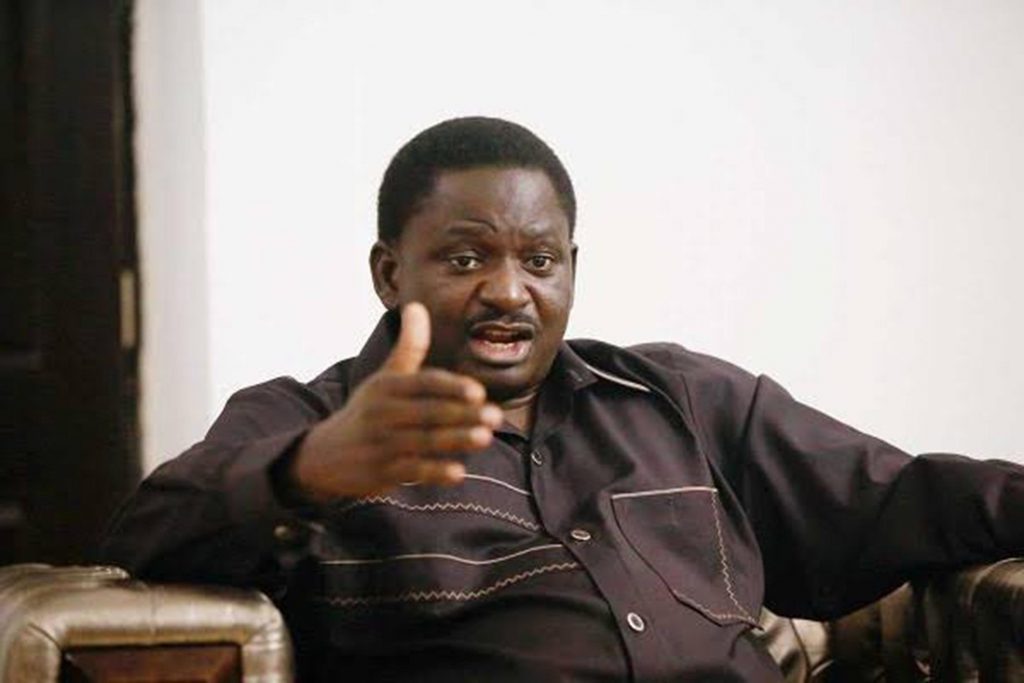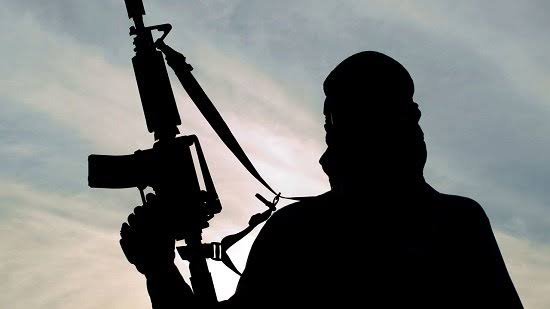Former Deputy Governor of the Central Bank of Nigeria (CBN), Kingsley Moghalu, has issued an apology for his harsh judgment of Nobel laureate, Professor Wole Soyinka. Moghalu had previously praised Soyinka as a global fighter for justice, saying that the Nobel Laureate may not be easily understood by lazy social media users.
However, his comments had sparked controversy and criticism, particularly from supporters of the Labour Party (LP) who are referred to as “obidients”. In response to the backlash, Moghalu issued a public apology for his choice of words, admitting that they may have been unbecoming.
The controversy stems from comments made by Soyinka on the outcome of the 2023 presidential election and his criticism of the LP’s vice presidential candidate, Yusuf Datti Baba-Ahmed. Soyinka had reached out to Peter Obi, the LP’s presidential candidate, three times before the election and warned him about what could make him lose. He also criticized Baba-Ahmed’s recent television interview, calling his remarks “unbecoming” and “fascistic”.
Moghalu had initially backed Soyinka, saying that he was an objective person who would survive all attacks. However, his support had been met with criticism from LP supporters.
“In my tweet yesterday on Prof. Wole Soyinka’s comment on Datti Baba-Ahmed’s own comments about the 2023 presidential election, I said WS is a principled fighter for justice and a phenomenon “that unlettered and uncultured people may not fully understand in an age of lazy social media in which many don’t read or think deeply,” he wrote on Twitter.
“I want to apologize for the phrase in quotation marks which, on second thought, can be misconstrued as a harsh judgment on citizens who are hurting from the outcome of the elections.
“That was not my intention. While we all bear responsibility for the words we choose to use (and I have the utmost respect for Prof Soyinka and Dr. Datti-Ahmed), I caution again, however, that there will always be different voices with different beliefs in a democracy.
“These voices are not illegitimate simply because we disagree with them or they do not agree either with our political preferences or with whatever manner in which we choose to express our views. This applies across the board to the supporters of all the leading candidates.
“This is a difficult time for our country, but I hope we can still be civil and measured even as we may disagree.”

